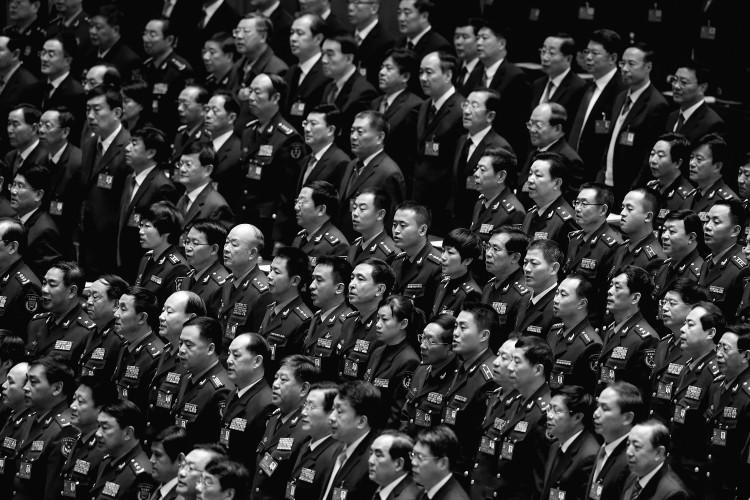Analysis
Beijing officially charged Sun Lijun, a former deputy minister of Public Security, with accepting bribes, manipulating the market, and illegal possession of firearms. An expert explains what these abnormal charges entail.

Beijing officially charged Sun Lijun, a former deputy minister of Public Security, with accepting bribes, manipulating the market, and illegal possession of firearms. An expert explains what these abnormal charges entail.